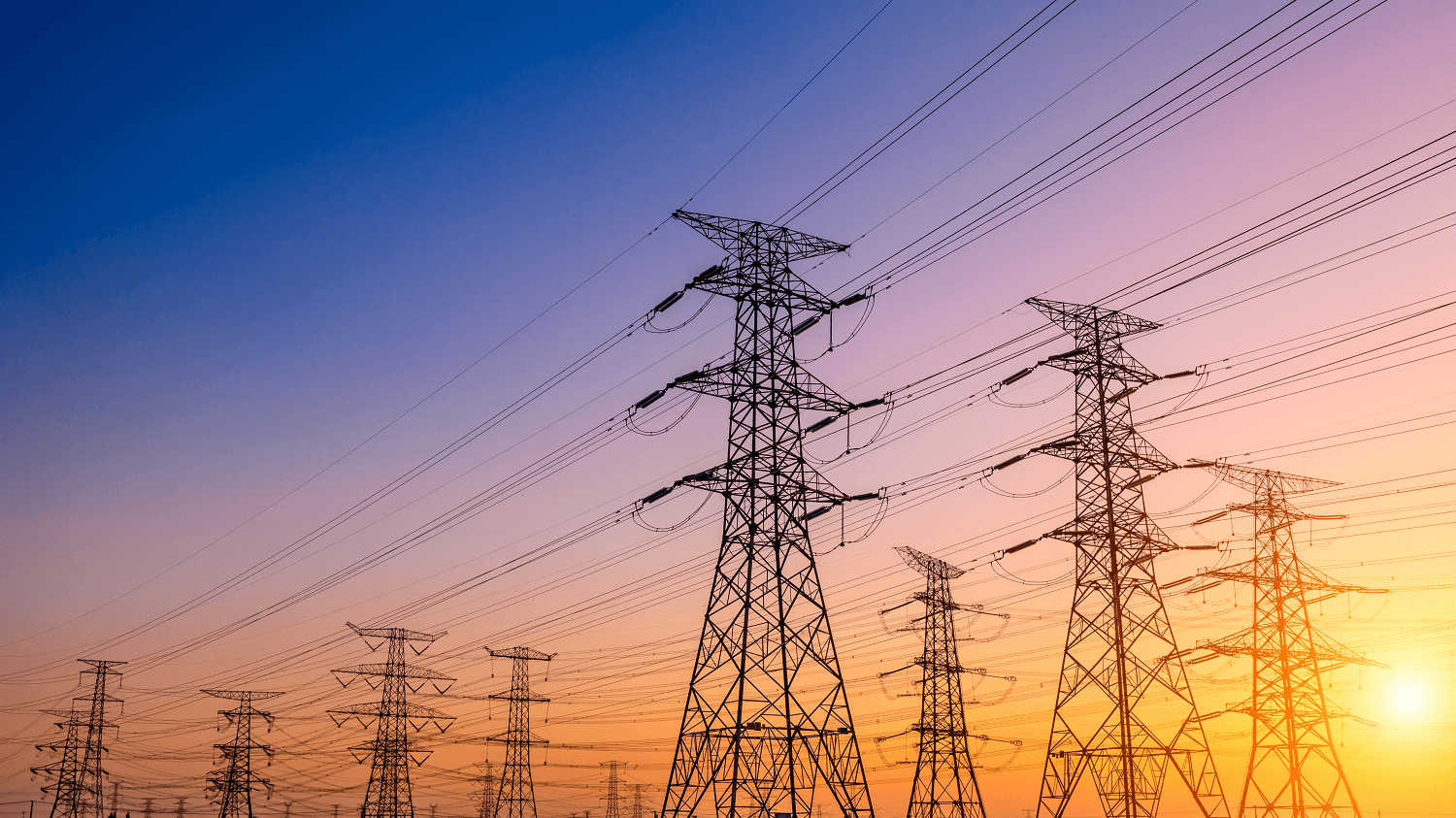CRU approves Network Charges for Electricity Customers for 2024/25
The Commission for Regulation of Utilities (CRU) has today announced the approval of revenue allowance for EirGrid and ESB for 2024 which will be reflected in network charges for all customers over the next tariff year from October 1st, 2024, to October 1st, 2025.

Network charges are required to support the ongoing investment in the electricity system that is essential for economic growth, public welfare and environmental protection and which underpins the reliability, efficiency and decarbonisation of the electricity supply in Ireland.
The electricity networks must be invested in, expanded and modernised on an annual basis to provide a secure and uninterrupted supply to customers and a quality of service to those customers by the network companies.
Ireland is going through an unprecedented change in our use and demand for electricity. There is significant investment required to ensure that Ireland has a high-quality network that most importantly supports the growth in demand for all customer groups, but also the move away from fossil fuels to deliver a range of measures such as microgeneration, electric vehicles, electrification of heat and other services that will provide a more sustainable use for our electricity network.
Ireland is on the outer boundary of the European Union, and due to this geographical location and the dispersed nature of our population, network costs are in the higher range when compared to other European countries as more network infrastructure is required to reach relatively fewer customers.
These are broken down into two main charges:
- Network Transmission use of system charges (TUoS) Charges for building, maintaining and operating the transmission network – These provide necessary revenue for Eirgrid as the Transmission System Operator (TSO) and ESB Networks as the Transmission Asset Owner (TAO).
- Network Distribution use of system charges (DUoS) Charges for building, maintaining and operating the distribution network – These provide necessary revenue for ESB Networks, the Distribution System Operator (DSO).
The CRU reviews the requests from the network companies each year and additional allowances are only approved where the CRU considers they are needed, will provide a benefit to the consumer and are in response to a rapidly evolving energy market. EirGrid submitted a number of revenue adjustment requests for 2025 some of which the CRU approved, partially approved, and did not approve.
Tariffs 2024/25
In recent years, there have been major policy developments at national and European level that continue to drive significant change in the energy sector. Considerable investment continues to be made to support Ireland transition to Net Zero and ensure security of supply
For the coming year, the transmission revenue requirement has been set at €1,412.08m. This represents an increase of approximately 38% on the 2024 revenues that were required. The increase in transmission investments include those associated with maintaining security of supply, investing in offshore, interconnection with Europe and facilitating more renewables on the system. For the distribution investments, the revenue requirement has been set at €1,124.15m, which shows a decrease of approximately 4.9% on 2024.
In addition to the ongoing essential development and operation of the Network, there are two additional drivers for the increase when compared to 2024. Firstly, the k-factor adjustment, which is designed to ensure a network companies revenues are aligned with allowed or expected revenues, results in a €150.57m adjustment for 2025. This is driven by lower TUoS recovery when compared to allowed costs and is also affected by a change in demand forecasts. K-factors can be positive or negative in different years, dependent on how actual demand and costs differ from those predicted.
The second driver is the requirement for EirGrid to carry liabilities of €131m for generator outages under Article 13(7). Additional cost requests made by the TSO reflect national and EU policy drivers and Inflation/BAU/miscellaneous costs.
The combined impact of both network charge requirements and the LEU reconciliation benefit no longer affecting the domestic network tariffs will see an average will see an average increase of €8.42 per month on a domestic customer bill for the 2024/25 tariff year.
Network charges form an element of the standing charge on customer bills. Suppliers determine what level of these charges that they either absorb or pass onto their customers through their billing. The CRU continue to encourage customers to either renegotiate or switch supplier to find the most suitable tariffs for their needs which may minimise the impact of any charges that supplier may pass onto their customers.
The full 2024/25 Tariff decision on DUoS can be found here; while the Tariff decision on TUoS can be found here.